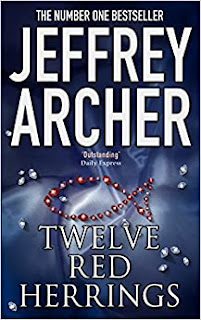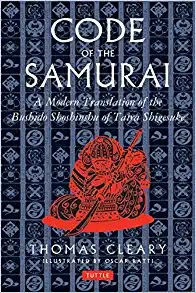The
novel centers on this man and the profound effects he has on those he
comes in contact. The
Idiot is
a nineteenth-century thriller, an exposé of the Russian aristocracy,
intense, unrequited love, and spiritual redemption. A
semi-autobiographical piece that is one of Dostoevsky's better
novels.
Prince
Myshkin's simpleton demeanor, his almost child-like view of the
world - naive, terribly honest, and soft good looks - projects to
other characters in the novel as someone with saintly qualities, an
almost Christ-like aura surrounds him that most perceive when they
first meet the man. Having had epilepsy from birth, he has raised under very controlled circumstances to finally move into the
world without society's prejudices and biases. The Prince lacks
because of his innocence, the decorum of the then Russian
aristocracy. However, he has a gift. The Prince has great intuitive
insight into the souls of the people he meets. And because he lacks
in social graces, he, more often than not, will blurt out what he
feels with uncanny accuracy, embarrassing the people present.
Although he has great insight, there is a dark side and a price he
will eventually have to pay.
The
female protagonist is a fascinating woman. Nastasya Filippovna has an incredible strength of will that she uses for her
tacit manipulations of the numerous fawning, stumbling men that
constantly grovel around her. This woman's mere presence and her
stunning beauty all combine to make a very powerful woman. However,
below this persona of strength is an extremely insecure little girl who only requires love.
Rogozhin
is the novel's psychopath, a rogue, and a scoundrel of the first order.
Everything that we could possibly mistrust in a person, Rogozhin
personifies as he, without conscience, hurts and manipulates those
around him with adept skill.
This
is a beautiful novel as it communicates our spiritual concerns, though
represents our darker natures in insightful ways. The Idiot is a
dramatic tragedy, a satire on Russia's aristocracy, and a reflection
on our dual natures, possessing the capacity for so much good but
also capable of so much evil.
This novel is written with vividness, and extreme passion, as only this
Russian master can give us.
Excellent.












